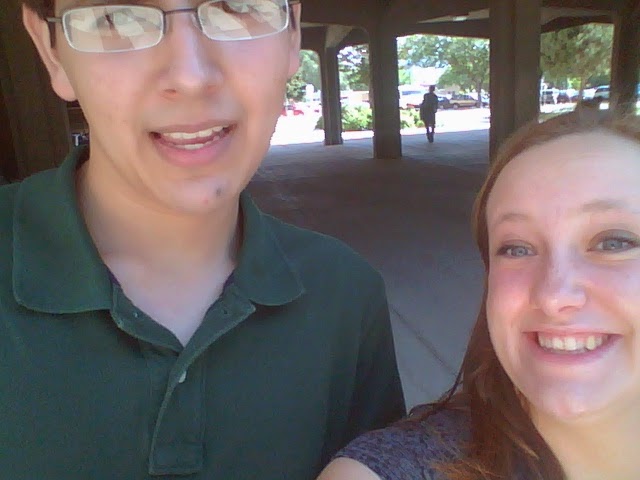Written by: Dr. Sarah T. Partlow Lefevre
It has been a few months since the first three installments. But, I hate to leave a job unfinished. So here goes number four. In parts one,
two,
and three,
I discussed 15 ways that debate can build mental strength. I based my suggestions on the blog written by
Paul Hudson called 20
Things Mentally Strong People Don’t Do.
In this final installment, I discuss Hudson’s remaining suggestions and
contextualize them in terms of debate.
The suggestions are:
16. Repeating
Mistakes
17. Giving Into
Their Fears
18. Acting
Without Calculating
19. Refusing
Help From Others
20. Throwing In The Towel
20. Throwing In The Towel
In debate, students learn to avoid repeating mistakes,
overcome their fears, prepare their arguments, accept help from their partners,
and to never give up.
16. Mentally strong debaters learn to avoid repeating mistakes.
When I was a debater, my coach told me that the path to winning in debate was
learning from arguments to which I lost and never losing to the same argument
twice. After debates, I would analyze
and examine the arguments that I lost to and write better answers to use in the
future. This strategy works in debate
and it works in life. Rather than bemoaning
a loss, complaining about the judge, or belittling your partner, a mentally
strong debater should craft better answers to other people’s arguments and seek
to use each loss as a moment to learn and improve.
17. Mentally
strong debaters do not give into their fears.
There is a reason why public speaking is “America’s biggest
phobia” according to the Washington
Post. Simply put, public speaking
and debate are scary. It can be a great
challenge to speak in front of a judge; to try to give a coherent speech when
you might be behind in the debate; to speak well as you enter a break
round. However, giving into such fears
leads to defeat. Instead, mentally
strong debaters learn to channel their adrenaline and to use their fear productively
to create better performances.
Misdirected adrenaline sparked by a fight or flight response can be a
debater’s worst enemy. Purposeful
movement, mental strategies for overcoming fear, and focusing on the task at
hand can help debaters to perform under pressure –a portable skill that will serve
them throughout their lives. For more
suggestions on overcoming fear click
here.
18.
Mentally Strong Debaters Are Prepared and Have Considered Arguments In
Advance.
When you have time, you should
prepare. There are different ways to
prepare depending on the particular debate format. But, not to consider a variety of arguments
and how they interact before you are in the heat of the debate leaves you without
the ability to fully understand the complexity and strategy in a given
situation. Substantial calculation in
advance will serve you well in prep time and speeches and allow you to
construct winning arguments.
19. Mentally strong debaters accept help from their
teammates and their coaches.
In watching years of practice debates,
I have often noticed that debaters respond to constructive criticism defensively
with comments such as, “Well, of course I won’t do that in the debate” or “I
know I am not supposed to do that. But,
this is only a practice.” This type of face saving comment makes it difficult
for a debater to learn or to process potential improvements. Mentally strong debaters should be open to
constructive help and suggestions from their coaches.
Additionally, debaters often refuse to accept help from their partners or other team members. This is unfortunate because learning to work effectively in a team environment is one of the greatest benefits of debate. Mentally strong debaters recognize that accepting help from others makes everyone better and does not diminish the individual.
20. Mentally strong debaters do not give up.
Many people try debate and give up
because it is a challenge. But, as with
most things that are worth doing, debate requires personal growth and improvement
over time. It requires concerted effort
from individuals who do not easily give up.
Perseverance in debate magnifies the importance of the accomplishments
you do have. We don’t do debate because
it is easy. We do it because it is an
intellectually challenging, strategy oriented activity that requires development
of useful skills over time. If debate
was easy, there would be no reason to continue.
It is because debate is difficult that we must press on.

















